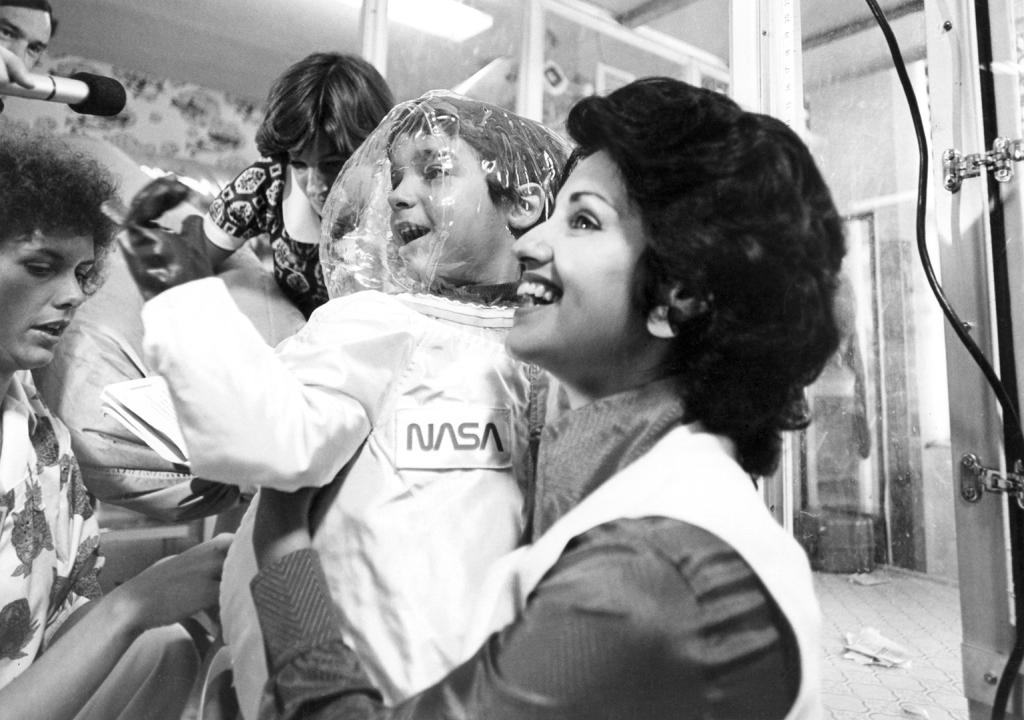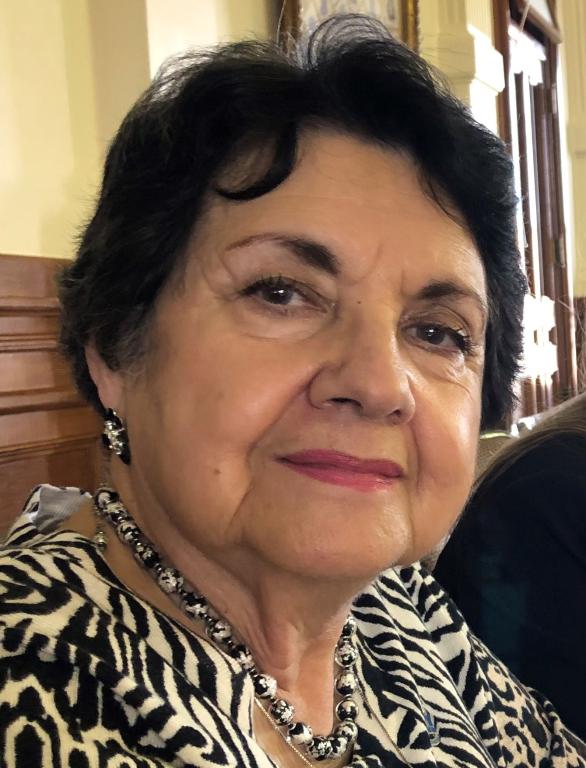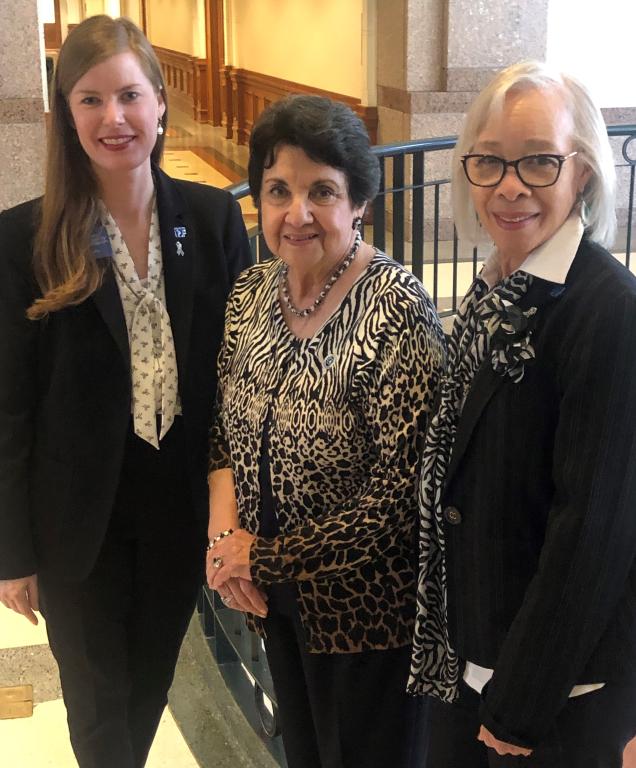
-
Understanding primary immunodeficiency (PI)

Understanding PI
The more you understand about primary immunodeficiency (PI), the better you can live with the disease or support others in your life with PI. Learn more about PI, including the various diagnoses and treatment options.
-
Living with PI
-
Addressing mental health
-
Explaining your diagnosis
- General care
- Get support
- For parents and guardians
-
Managing workplace issues
- Navigating insurance
-
Traveling safely

Living with PI
Living with primary immunodeficiency (PI) can be challenging, but you’re not alone—many people with PI lead full and active lives. With the right support and resources, you can, too.
-
Addressing mental health
-
Get involved

Get involved
Be a hero for those with PI. Change lives by promoting primary immunodeficiency (PI) awareness and taking action in your community through advocacy, donating, volunteering, or fundraising.
-
Advancing research and clinical care
-
Grants
-
IDF surveys
-
Participating in clinical trials
-
Diagnosing PI
-
Consulting immunologist
-
Clinician education

Advancing research and clinical care
Whether you’re a clinician, researcher, or an individual with primary immunodeficiency (PI), IDF has resources to help you advance the field. Get details on surveys, grants, and clinical trials.
-
Grants
The first time the Immune Deficiency Foundation (IDF) asked Carol Ann Demaret to join the board of the nonprofit founded to help people with primary immunodeficiency (PI), she declined. Her son David Phillip Vetter had recently passed away from severe combined immunodeficiency (SCID) after living for 12 years in a germ-free environment designed to protect him from infection.

“My heart was breaking and grieving. I knew how science had worked to save him, but I was still not over it. Does a mother ever get over it?” recalls Demaret.
The second time IDF asked in 1990, Demaret changed her mind. Former IDF Board member Kathy Crews, who had a brother with X-linked agammaglobulinemia, proposed the idea to Demaret during a ceremony dedicating a school—David Elementary School—to Demaret’s late son.
“Kathy was sympathetic because she understood what I was going through,” said Demaret. “I went to Baltimore to join the IDF Board, and I was so glad. I was in a dark place then still, and what IDF did is it saved me.”
Demaret served on the IDF Board of Trustees from 1991 to 2021. During those three decades, she traveled from her home in Texas to bi-annual IDF Board meetings and regularly shared David’s story at IDF conferences.

“My emotions were elevated, and I took that despair and brushed it aside. As I attended the conferences, I could see these mothers sought each other out, exchanging ideas and phone numbers and coping skills and having their children meet each other,” said Demaret.
While Demaret devoted her time and effort to IDF, she also found acceptance in a community that understood her struggles.
“IDF turned my whole life around and made me hope again, made me want to be a part of the progress that was helping others,” said Demaret. “It was lifesaving for me and gave me purpose and brought me back to a life that I could somehow help with David’s legacy and touch families like mine. There were new people coming in all the time who were learning about the legacy of David.”
Demaret gained insight into the powerful effect of David’s life on those families whose loved ones had PI. Young mothers said that when they told family members that their child had PI, most didn’t understand the condition—until they mentioned David’s story.
“Then they got it,” said Demaret.
Demaret also found the conferences uplifting because they offered families a brief respite from medical challenges.
“Having PI can be corrosive to life, and the conferences brought to the families a few days of joy and happiness and diversion. I could see it in their faces when they would see each other,” said Demaret.
Demaret’s volunteer time with IDF extended to participation in IDF Advocacy Days; she helped build a relationship with U.S. Rep. Kevin Brady (R) of Texas, who championed legislation to expand Medicare coverage for immunoglobulin (Ig) replacement therapy, an important treatment for PI.
She also advocated for the inclusion of SCID in the Texas newborn screening (NBS) program.
Because SCID is now identified early through NBS in the U.S., babies can be treated immediately before developing an infection. According to a study by the Primary Immune Deficiency Treatment Consortium (PIDTC), SCID survival rate remained at about 73% for 30 years but increased to 92.5% for those babies identified with SCID through NBS from 2010-2018.
Demaret said that David’s cells helped researchers identify the gene that causes X-linked SCID and aided in the development of the standard treatment for SCID, bone marrow transplant (BMT), as well as treatment for other diseases that affect the immune system.

David received a BMT at age 12 with stem cells from his sister, but the procedure introduced the Epstein-Barr virus (EBV) into his system, causing David to develop leukemia. A few weeks after the transplant, he died on February 22, 1984.
“It wasn’t the fault of science. They did all they could,” said Demaret.
Even though David’s story is heartbreaking, it brings others hope, said Demaret, because, through him, others’ lives are saved.
“Here I’ve lived to see it, and I’m so happy, and I hope that David in some small way helped the next family that came in and the one after that,” said Demaret.
David would have been 52 on September 21, 2023, and his mother believes that he would have been a husband, a father, and a doctor. Demaret said David’s legacy lives on—in IDF, in David Elementary School, in the David Clinic at Texas Children’s Hospital, and in diagnosis and treatment for SCID.
“I’m so proud to be his mother and proud that people still remember his contribution,” said Demaret. “David made a difference.”
Sign up for updates from IDF
Receive news and helpful resources to your cell phone or inbox. You can change or cancel your subscription at any time.





The Immune Deficiency Foundation improves the diagnosis, treatment, and quality of life for every person affected by primary immunodeficiency.
We foster a community that is connected, engaged, and empowered through advocacy, education, and research.
Combined Charity Campaign | CFC# 66309




